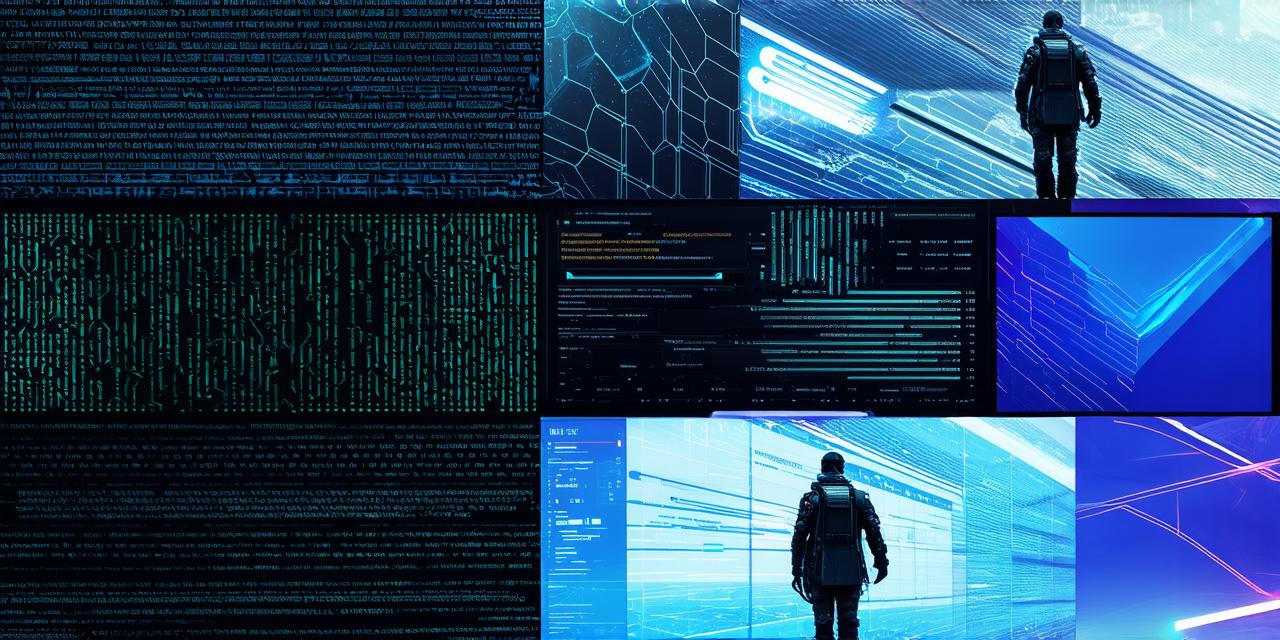Decentralized autonomous organizations (DAOs) are smart contracts that allow for the execution of automated and transparent transactions on a blockchain. In the context of cryptocurrency, DAOs provide a way for individuals to come together and govern themselves without the need for intermediaries such as banks or government entities.
One of the key advantages of DAOs is their ability to facilitate decentralized decision-making. This means that decisions are made by the members of the organization, rather than by a central authority. This can be particularly useful in situations where there is a lack of trust between individuals, as it allows for a more democratic and transparent decision-making process.
DAOs also provide a way for organizations to operate in a more efficient and cost-effective manner. By automating certain tasks and processes, DAOs can reduce the need for intermediaries and save money on transaction fees and other expenses. This can be particularly useful for organizations that operate in global markets, where traditional banking systems can be slow and expensive.
One of the most well-known examples of a DAO is the Decentralized Autonomous Organization (DAO) that was launched by The DAO in 2016. This organization raised over $150 million in ether, a cryptocurrency used on the Ethereum blockchain, and used the funds to invest in various projects and initiatives. However, a vulnerability in the smart contract caused the organization to lose over half of its funds in a matter of minutes.
Despite this setback, the concept of DAOs has continued to gain popularity within the cryptocurrency community. Many organizations are now using DAOs to manage their finances, execute contracts, and even govern themselves. One such example is the Ethereum Foundation, which uses a DAO to manage its budget and allocate resources.
Another key advantage of DAOs is that they can be used to facilitate secure and transparent transactions. By using smart contracts, organizations can ensure that transactions are executed automatically and without the need for intermediaries. This can help to reduce fraud and increase transparency, as all transactions are recorded on a public blockchain.
One example of a DAO that is focused on facilitating secure and transparent transactions is the Omni Layer Protocol. This protocol allows for the creation of decentralized applications (dApps) that can be used to execute various types of transactions, including payments, marketplaces, and supply chain management. By using smart contracts, the Omni Layer Protocol ensures that transactions are executed automatically and without the need for intermediaries.
In addition to their ability to facilitate secure and transparent transactions, DAOs can also be used to provide a way for organizations to raise capital. By issuing tokens that represent ownership in the organization, individuals can invest in the organization and receive a share of its profits. This can be particularly useful for startups and other organizations that are looking to raise capital without giving up control of their business.

One example of a DAO that is focused on raising capital is the Filecoin DAO. This organization raised over $20 million in ether in 2017 and used the funds to build a decentralized file storage network. By using a DAO, the Filecoin organization was able to raise capital without giving up control of its business, and it has since grown into one of the largest decentralized storage networks on the Ethereum blockchain.
Overall, DAOs provide a powerful tool for organizations in the cryptocurrency space to operate more efficiently, transparently, and securely. By using smart contracts, organizations can automate certain tasks and processes, reduce costs, and facilitate secure and transparent transactions. As the concept of DAOs continues to evolve, we can expect to see even more innovative applications of this technology in the years to come.
FAQs
* What is a DAO?
A decentralized autonomous organization (DAO) is a smart contract that allows for the execution of automated and transparent transactions on a blockchain. In the context of cryptocurrency, DAOs provide a way for individuals to come together and govern themselves without the need for intermediaries such as banks or government entities.
* How do DAOs work?
DAOs are built using smart contracts, which are self-executing programs that run on a blockchain. By using smart contracts, organizations can automate certain tasks and processes, reduce costs, and facilitate secure and transparent transactions.
* What are the benefits of using a DAO?
Some of the key benefits of using a DAO include decentralized decision-making, increased efficiency and cost-effectiveness, and facilitation of secure and transparent transactions.
* What are some examples of DAOs in the cryptocurrency space?
One well-known example of a DAO is the Decentralized Autonomous Organization (DAO) that was launched by The DAO in 2016. Other examples include the Ethereum Foundation and the Omni Layer Protocol.
* How can DAOs be used to raise capital?
By issuing tokens that represent ownership in the organization, individuals can invest in the organization and receive a share of its profits. This can be particularly useful for startups and other organizations that are looking to raise capital without giving up control of their business.
